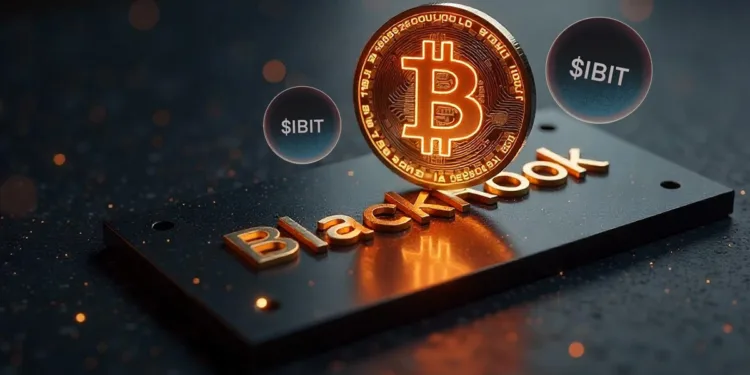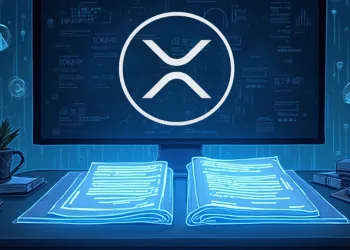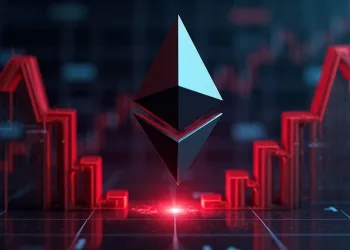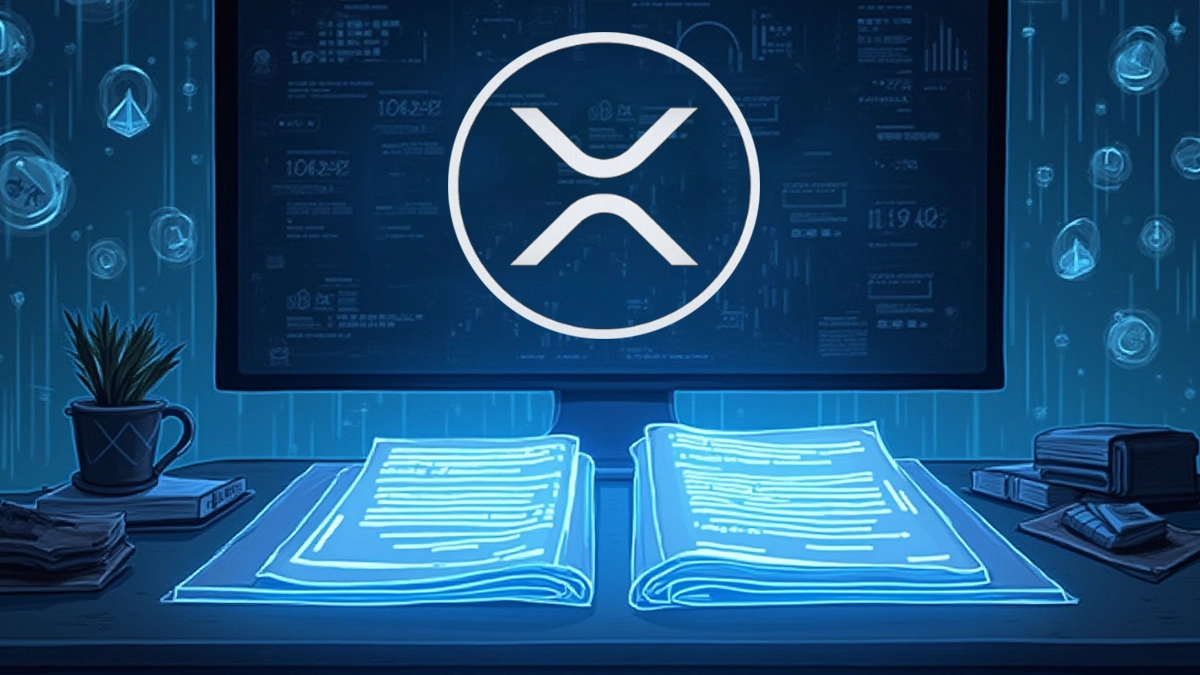- The expanded section on quantum computing risks in IBIT signals increased institutional interest in crypto security.
- While Bitcoin rallied 2% to $62,300, IBIT fell almost by 12%, reflecting mixed market sentiments in the backdrop of rising risk awareness.
- While the market worries about quantum, IBIT’s high trading volume (1.2M shares) indicates that institutions are still involved with Bitcoin ETFs.
Blackrock has tripled the length of its quantum computing risk disclosure section for the IBIT Bitcoin ETF as mentioned by Eric Balchunas. This is a sign of growing interest in vulnerabilities that cryptographic security faces in the light of quantum technologies.
Quantum computers, though still in early stages, could theoretically disrupt the encryption methods that secure Bitcoin transactions and wallets. The development holds particular importance for traders monitoring the safety of blockchain technologies.
Quantum Threats Loom as IBIT Dips, Institutional Interest Steady
As Bitcoin relies on cryptographic algorithms like SHA-256 and ECDSA for securing transactions and wallets, quantum computing poses a theoretical threat by potentially breaking these algorithms faster than classical computers. This update comes at a time when Bitcoin is trading at $103,901 with a 0.6% surge over the last 24 hours.
Meanwhile, IBIT, a spot Bitcoin ETF, is trading at $0.00006797 down 11.85% with trading volume 1.2 million shares according to Yahoo Finance, which indicates a steady interest from the institutions despite the highlighted risks.This disclosure could influence market sentiment, especially among institutional investors who rely on ETFs like IBIT for crypto exposure without directly holding Bitcoin.
BlackRock’s Quantum Shakes Up Bitcoin ETF Sentiment
From a trading perspective, BlackRock’s emphasis on quantum computing risks in its IBIT ETF filing introduces both caution and opportunity within the crypto market. This development might in turn be able to trigger short term volatility for the Bitcoin and associated ETFs for the active traders.
The disclosure brings out the increasing interconnection between standard stock market activity and valuations of cryptocurrencies. BlackRock’s expanded risk statement for IBIT affects not only ETF investors directly but also influences Bitcoin’s price action and associated equities such as MicroStrategy (MSTR).
Though this update has not had structural changes in IBIT’s holdings, this ETF is still a spot Bitcoin product. In any case, this move by BlackRock adds to the overall debate on post- quantum-cryptography and what its impact means for institutional asset traders getting into the digital asset space. Given this continuing advancement of technology, similar risk disclosures are likely to become increasingly common in crypto focused financial filings.














